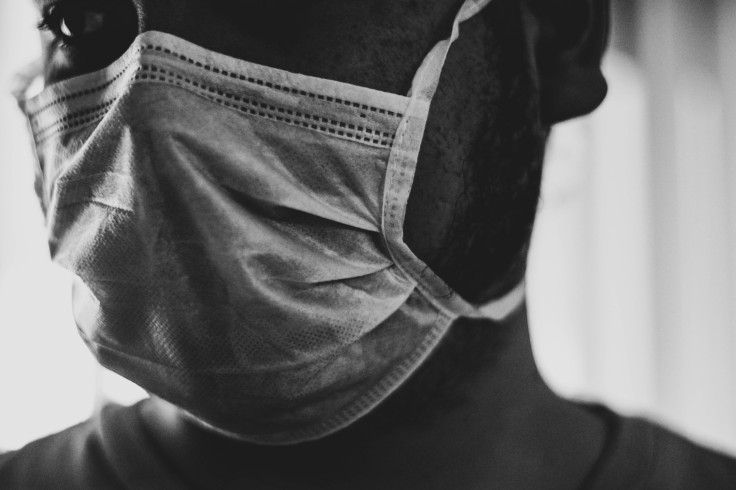
A new study conducted by a team of British researchers has identified six different types of COVID-19 that are prevalent among the population in different parts of the world.
The researchers at King’s College London based their study on the data from a symptom tracker application. The team identified how there are six distinct types of coronavirus diseases that vary from each other depending on the “cluster of symptoms” that they exhibit.
During the study, the team examined the data related to the symptoms of 1,600 patients from the U.S. and the U.K. who used the COVID symptom tracking app in the months' March and April.
Cough, fever and loss of smell are regarded as the most common symptoms of COVID-19 that even medical practitioners seem to look for to be able to advise the diagnosis test. However, in the study, the researchers have identified that there are six “identifiable” types of coronavirus disease that may come with its own set of symptoms.
The six types of COVID-19 identified by the research team include the following:
Flu-like symptoms but no fever
Symptoms include headache, muscle pain, loss of smell, cough, sore throat, chest pain but no fever
Flu-like symptoms with fever
Symptoms include headache, sore throat, hoarseness, loss of smell, cough, fever, loss of appetite
Gastrointestinal symptoms
Symptoms include headache, sore throat, chest pain, loss of smell, loss of appetite, diarrhea but no cough
Severe COVID-19, level I, fatigue
Symptoms include headache, loss of smell, cough, fever, hoarseness, chest pain with fatigue
Severe COVID-19, level II, confusion
Symptoms include headache, cough, fever, hoarseness, sore throat, loss of smell, loss of appetite, chest pain, fatigue, and muscle pain with confusion
Severe COVID-19, level III, abdominal and respiratory issues
Symptoms include headache, sore throat, chest pain, fatigue, loss of smell, loss of appetite, cough, fever, hoarseness, confusion, muscle pain, shortness of breath, diarrhea and abdominal pain
Each type of COVID-19 has a different set of symptoms that the patient under that group may exhibit. Also, patients from each type have a different chance of needing breathing support such as a ventilator or oxygen.
"I'm very happy that these six types have been identified and can give us an idea of a prognosis going forward for patients who are afflicted with this virus," said Dr. Bob Lahita, who is not affiliated with the study.
© 2025 Latin Times. All rights reserved. Do not reproduce without permission.




